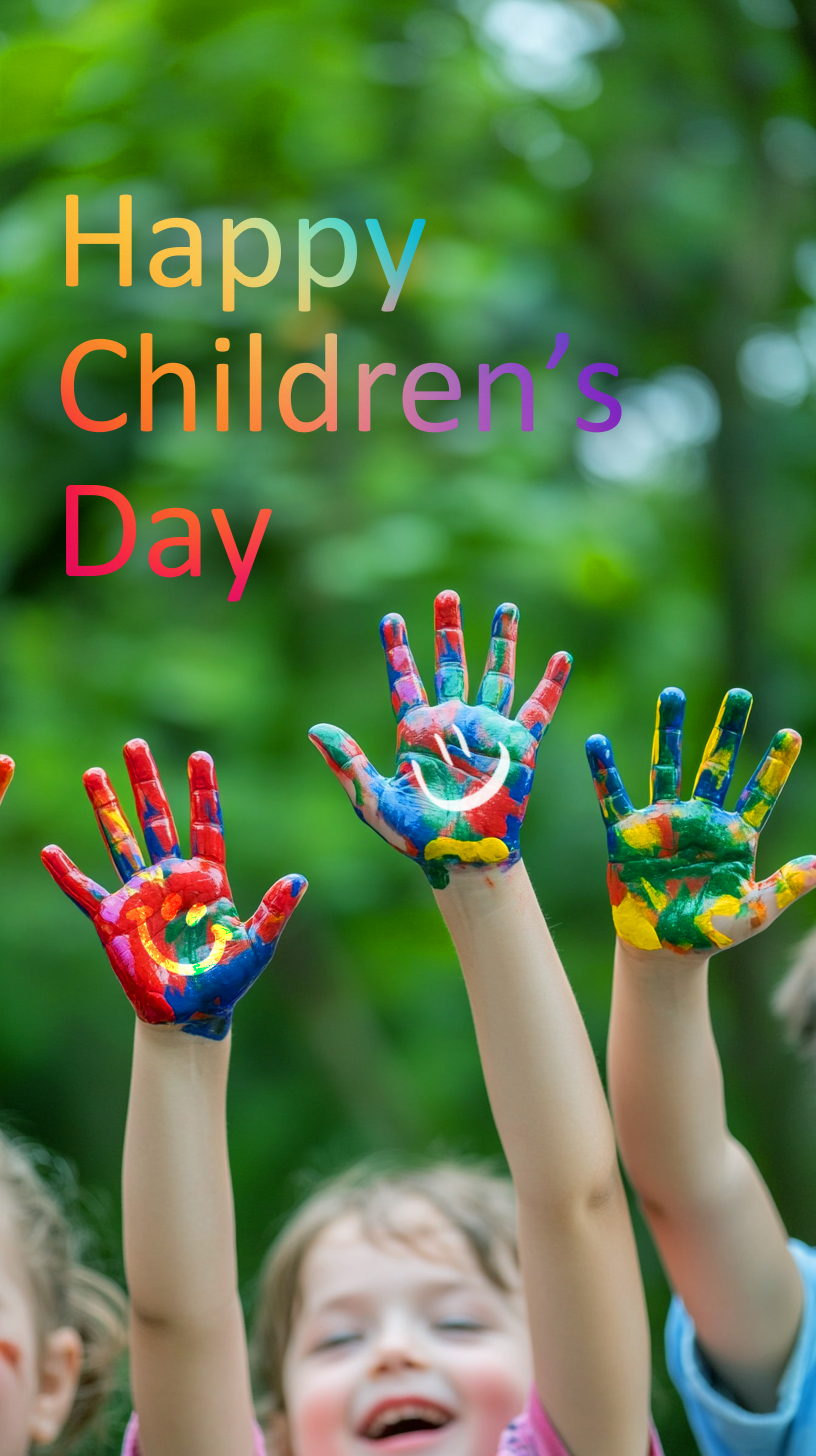Today, June 1st, is Children’s Day—a day for those little people who are so dear to us. We love how they explain the world and the joy they find in discovery, often with seemingly endless energy. Sometimes, we’re simply amazed by the disarming clarity of their questions. As parents or teachers, we all know these wonderful moments with our children.

Sometimes we’re even startled by how quickly they’ve grown into independent young people with their own ideas and feelings.
The definition of childhood varies across different countries, often based on biological and social factors, as well as societal norms. Linked to this are age-specific expectations regarding behavior and a sense of responsibility.
Since the origins of Children’s Day, mostly associated with the Geneva Declaration in 1924, children have progressively been granted more rights and opportunities for participation. This is also reflected in how teachers see themselves today; in the age of the internet and AI, they tend to view themselves more as learning facilitators.
Parents and educators know very well that finding the right balance between a child’s free development and supporting them in acquiring societal norms can sometimes be a challenging task.

Many parents wonder: What can or must I expect from my child at a given age regarding their performance level, independence, or social maturity? Or what say should children be given, considering their level of experience and their right to education?
The societal consensus on these questions changes from generation to generation, depends on the respective cultural context, and is subject to a continuous negotiation process.
Today, on Children’s Day, June 1, 2025, we want to encourage reflection on our own childhood experiences and to ask ourselves where, alongside our affection, we might enable our children to take on more responsibility and have a greater say.

We wish you and our IGS students a wonderful Children’s Day.
Yours IGS

